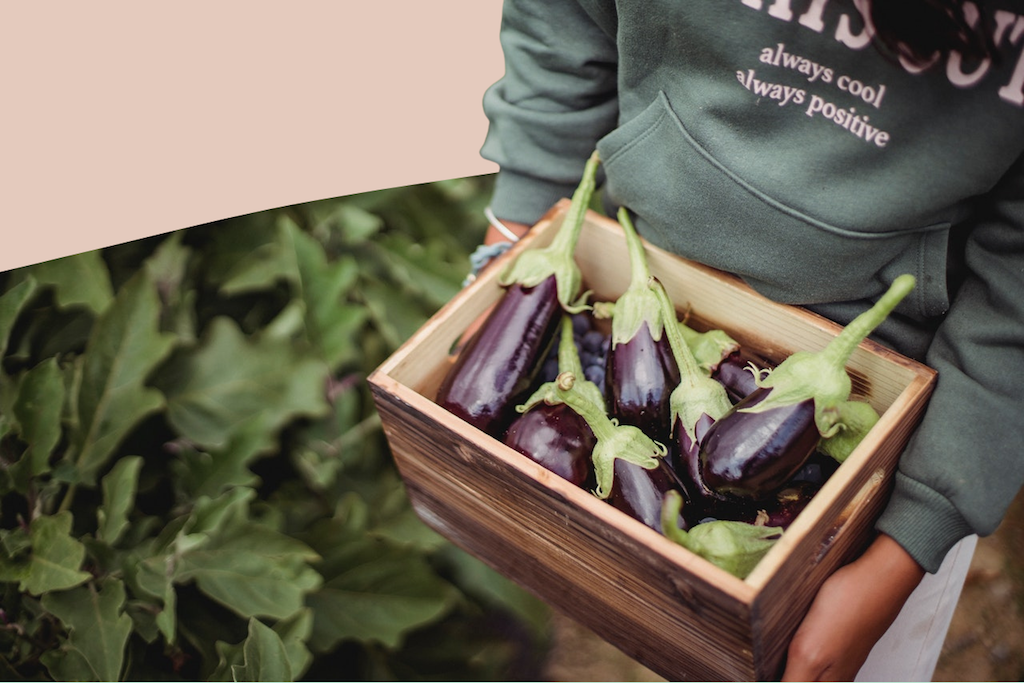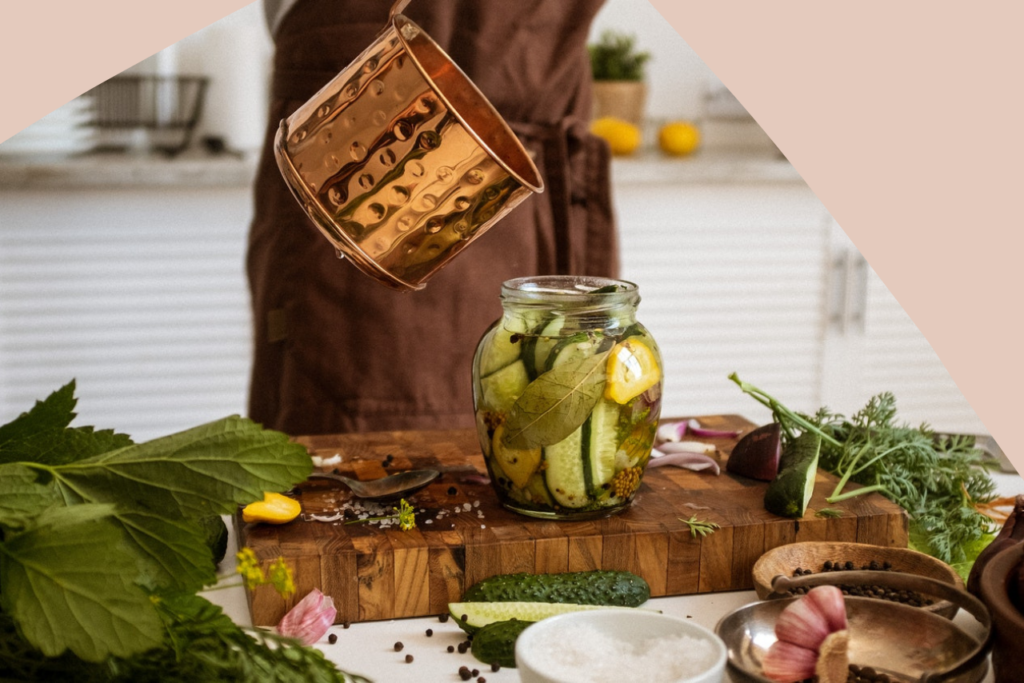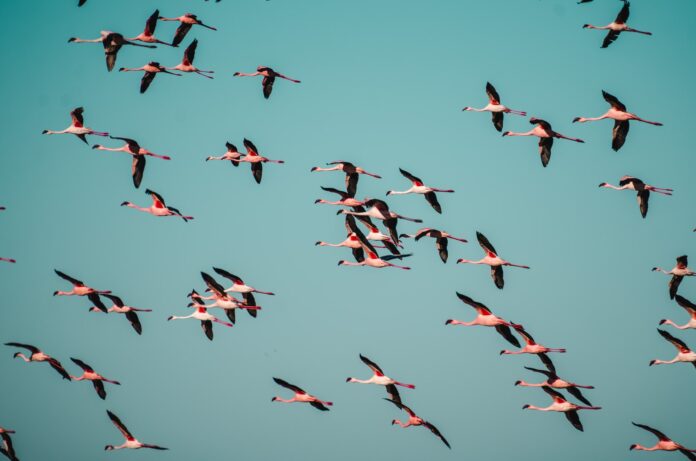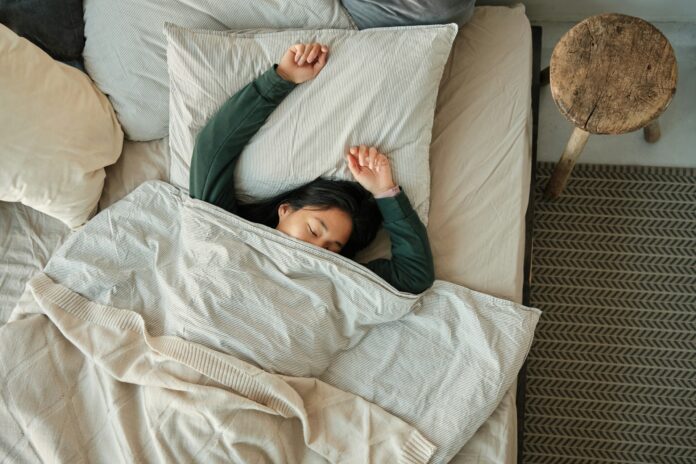Ideal for surviving what’s to come!
No doubt you’ve heard of Doomsday Preppers, those crazy/canny folk who believe that a disaster could come any time soon, and are determined to be more than ready for any eventuality.
Once mocked for their catastrophising, with all the recent happenings in the world, many people are starting to see Doomsday Preppers in a whole new light, with a newfound respect emerging for preppers and their survival ethos of preparedness.
In actual fact, as the Independent highlights, “many preppers follow useful and rational advice, often reiterated from global health organisations.”
Whilst we’re not suggesting you should be burying all of your possessions in a remote desert and heading down into your bunker with a year’s supply of tinned tuna, after the two years we’ve all had, it might be wise to develop a stronger survival mindset. With that in mind, here are 5 tips for getting you through a disaster in one piece.
HAVE A SURVIVAL KIT READY
Whilst the stereotypical image of a Doomsday Prepper is of someone who can catch wild animals with their bare hands and start fires just by clicking their fingers, the first thing they actually teach you at survival school is that having the right kit is everything.
Because only an amateur would rely on old fashioned survival techniques probably learnt at the Scouts, especially when modern kit and equipment is now available and tailormade to help those who find themselves in a sticky situation.
As such, there are a few absolute essentials that any self-respecting survival kit should contain:
- Flashlight & Batteries
- Solar Light
- Whistle
- Matches
- Multitool
- First aid kit
- Hand-crank radio
- Powerbank
- Sleeping bag, blanket & blow up pillow
- Emergency blanket & hand warmers
- Cards & games
- Camping stove & gas
- Gas masks for pets and people
- Duct tape
- No rinse body wash and other hygiene products
- Food & water (more on that later)
Rather than curating your own, you can purchase ready-made survival kits, too.
SURVIVAL GARDEN: GROW YOUR OWN FOOD
While we’re not all lucky enough to own land, if you do, then consider keeping a survival garden and growing your own food. We’ve seen supply chains hit and barren shelves in our supermarket recently, and relieving a little strain on the supply chain can only be a good thing.
When it comes to deciding what you’d like to grow, it all comes down to personal preference and how much space you’ve got to work with. A survival garden is all about calorie-dense crops, especially; think potatoes, squashes and corn.
You’ll also want to plant nutritious crops; peas, broad beans, spinach, beetroot, radishes and tomatoes are all easy varieties to grow, and are ideal if you’re a novice in the gardening game. Garlic is also super easy to grow and packed with nutrients, moreover, it has so much flavour (a little goes a long way, which is most welcome in a disaster).
Speaking of flavour, don’t forget herbs, which can have medicinal qualities, too.
Read: How to grow your own herbs at home
When choosing your crops, it’s also wise to think about preservation techniques. While you’ll want to grow hardy food that can last after you harvest it, it’s a good idea to get to grips with fermentation, pickling and other ways to preserve your veg, too. You might even go the extra mile and consider raising chickens or ducks for a source of protein.
If you don’t have a large garden, don’t panic – hanging and free-standing containers can produce a surprising amount of food. What’s more, sustainable grow bags are ideal for those precious potatoes we mentioned earlier.
And if you can’t plant directly into the ground, consider a raised bed. We’re fans of Zoey Deschanel’s Farmstands, a vertical gardening device that means you can grow in your backyard and on your balcony.
Of course, it should be noted that it’s actually pretty difficult to become totally self-sufficient from growing your own produce in your garden, but by learning the basics of the survival garden, you’ll stand yourself in stronger stead in the future.

TOP UP YOUR STORES, OVER TIME
We all scoffed at the absurdity of panic buying over the last two years, when toilet paper stocks were depleted and dried pasta became a rare commodity.
But in the face of disaster and in the name of survival, it’s a good idea to slowly and sustainably top up your larder. Don’t empty the shelves of your local supermarket, sure, but stock up your food cupboard over time to ensure you’re prepared for any eventuality.
That said, it’s perhaps not the smartest move to buy canned goods you wouldn’t actually like to eat, in an emergency – for some, that means spam is out of the question. Instead, focus on stocking up (slowly, responsibly) on the canned stuff that you actually love to eat when the world isn’t crumbling around you.
Many different types of food can be included in a survival kit. For example, fruit snacks, beef jerky, and energy bars are all good options. Additionally, packing iodine tablets in your bag is sensible, as they will kill any bacteria in the water and allow you to drink it safely.
Incredibly, you can also buy emergency food kits that are formulated with a shelf life of 30 years or more. According to USA Today, My Patriot Supply saw a 100-fold increase in orders of emergency food shortly after the pandemic began.
It’s also a good idea to have a store of nutritional supplements at hand, such as vitamin C, zinc, vitamin D-3, vitamin A or a good multivitamin – just in case!

LOOK AFTER YOURSELF, PHYSICALLY…
The key to survival is to look after yourself. Being fit and healthy can help you get through any situation, and you’re by keeping your body and mind resilient, you’ll be in a much better position to tackle the challenges that come your way.
This begins with eating well and getting proper nutrition. Prepper James Walton, who hosts a weekly show on the Prepper Broadcasting Network, told Business Insider that preppers shore up their diet, consistently and attentively. They don’t eat out and avoid junk food like the plague, all because diet has a tremendous effect on your immune system.
It’s also important to start making sleep a priority, too. Not getting enough sleep can negatively impact your immune system as sleep deprivation decreases your body’s ability to fight infection. Moreover, it can increase the risk of medical problems such as heart disease or Type 2 diabetes.
To avoid these risks, most healthy adults should aim to sleep 7 to 9 hours a night, which is considered the ideal restorative amount. Though, when you’re hunkered down in your bunker, there might not be much else to do but sleep all day. Anyway…
…AND MENTALLY
You also have a better chance of surviving if you have a positive mental attitude, too. As How Stuff Works explains, “survival experts emphasize the importance of a positive mental attitude (PMA). Without it, stress wears down our bodies and brains quickly”.
Also, by staying strong physically and mentally yourself you will give yourself a much better chance of helping others. Because, contrary to popular belief, although Doomsday Preppers aim to be self-sufficient, they certainly aren’t selfish.





